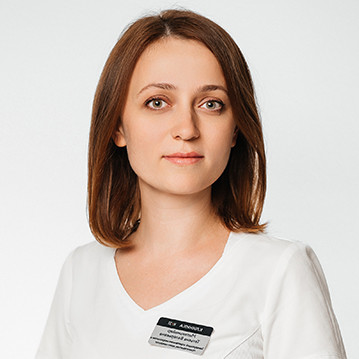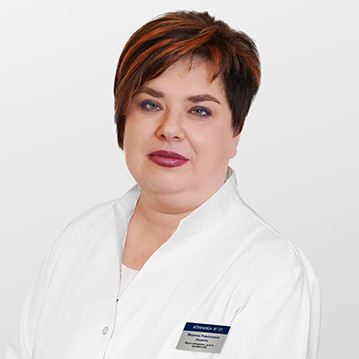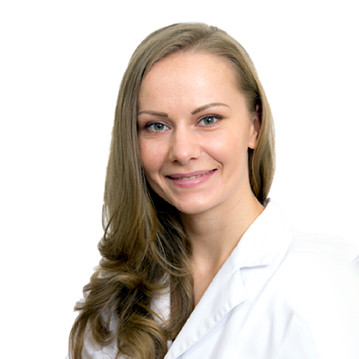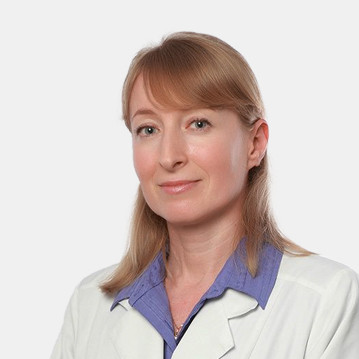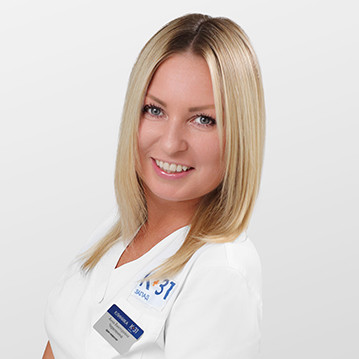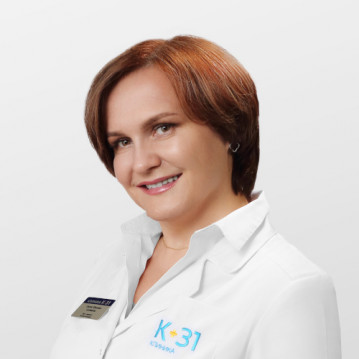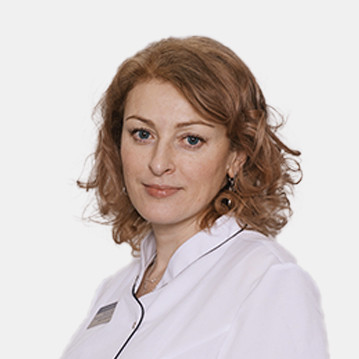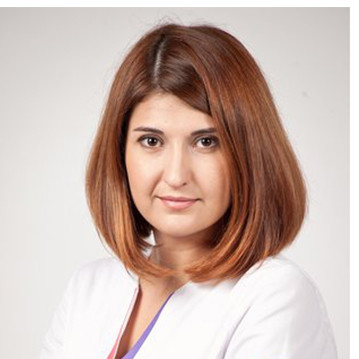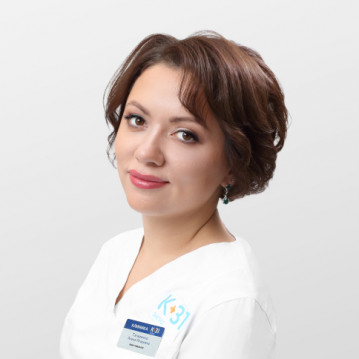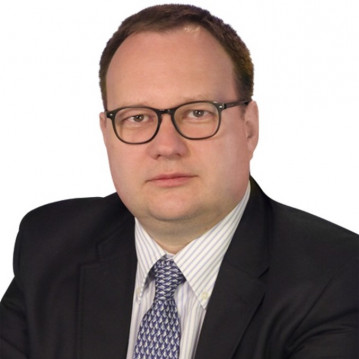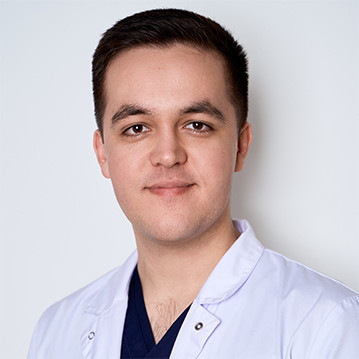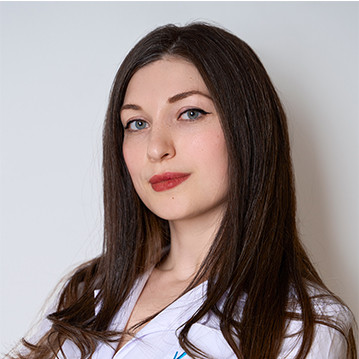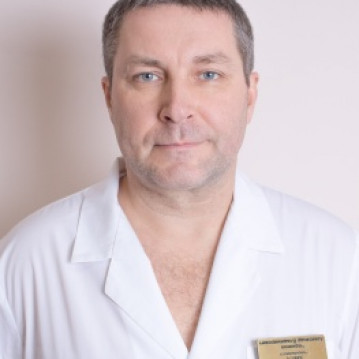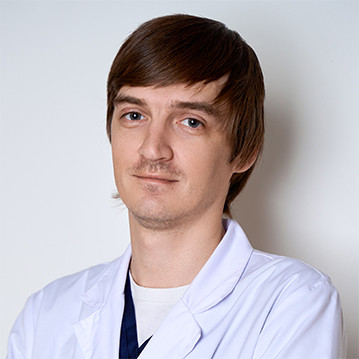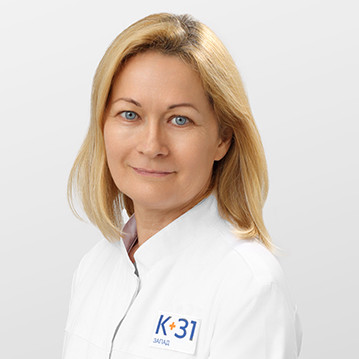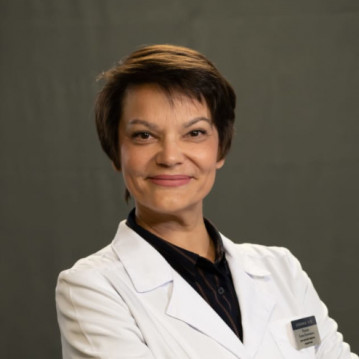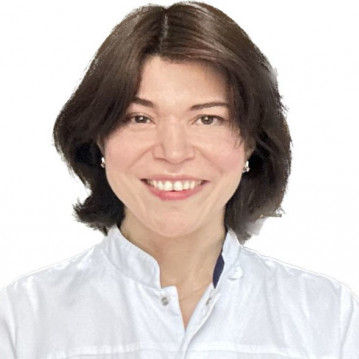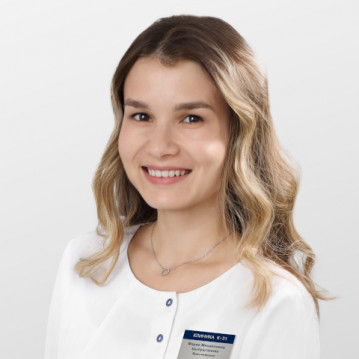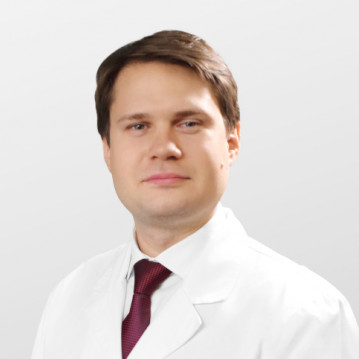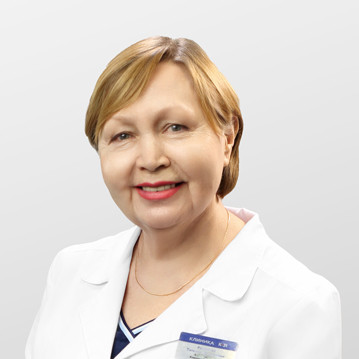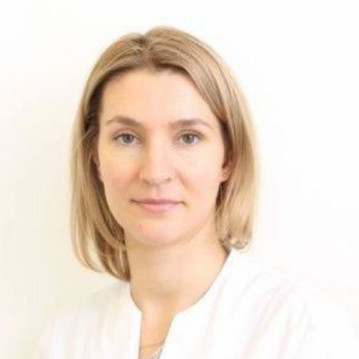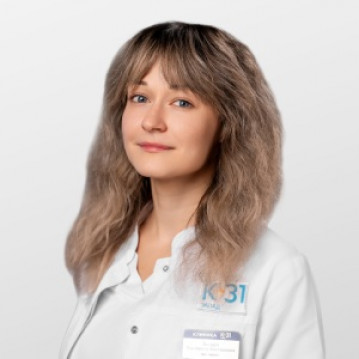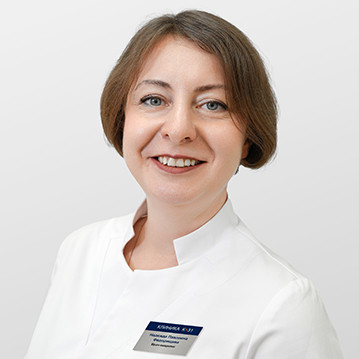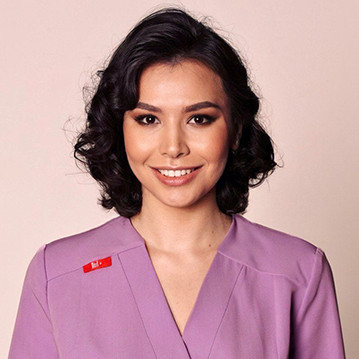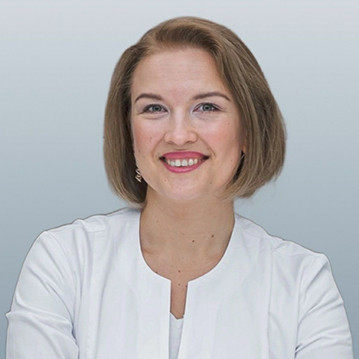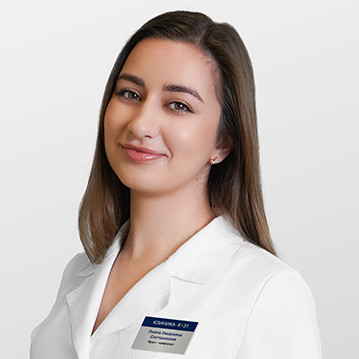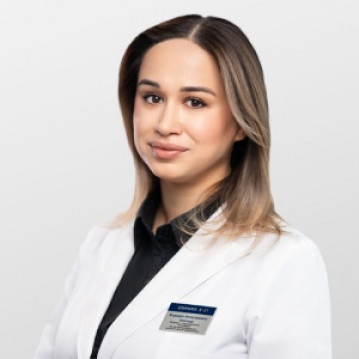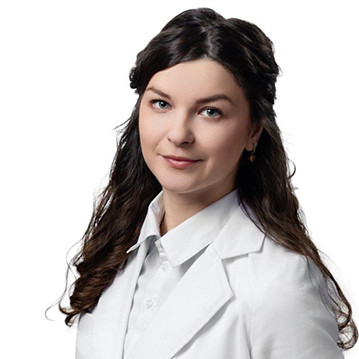The Department of Neurology at K+31 provides outpatient and inpatient care to patients with neurological pathologies, as well as subsequent rehabilitation.

specialists

equipment

diagnostics
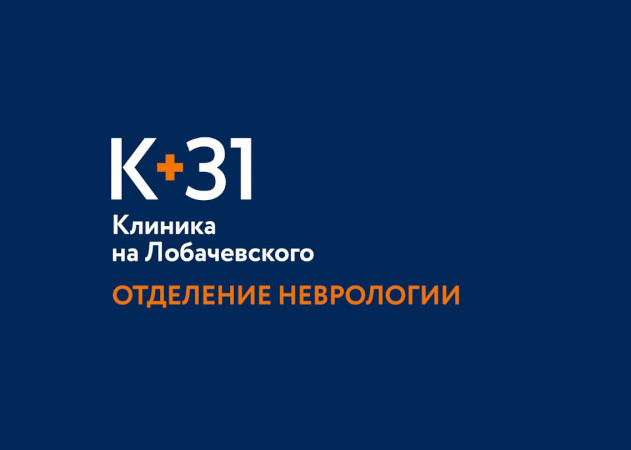
Department of Neurology K+31 on Lobachevsky
Services
Blockades on trigger points and under ultrasound navigation
Evoked brain potentialsDiagnostics
The department at the K+31 center in Moscow has a wide range of diagnostic capabilities:
- Functional diagnostics
- MRI or CT (computed tomography)
- X-ray
- Electroencephalography (EEG)
- Electroneuromyography (ENMG)
- Ultrasound (ultrasound examination)
- And other examination devices
Sleep Study
Integrated approach to treatment
The department has implemented an integrated approach to diagnosing neurological diseases in adults. One patient, if necessary, will receive assistance from doctors of other specialties, not only a neurologist or neurologist. Depending on the condition, laboratory diagnostics may be prescribed. This is necessary to identify certain pathologies of the central nervous system. To ensure maximum patient comfort, the clinic has developed comprehensive programs that are recommended for patients with chronic diseases. The course of treatment is determined after consulting a doctor.
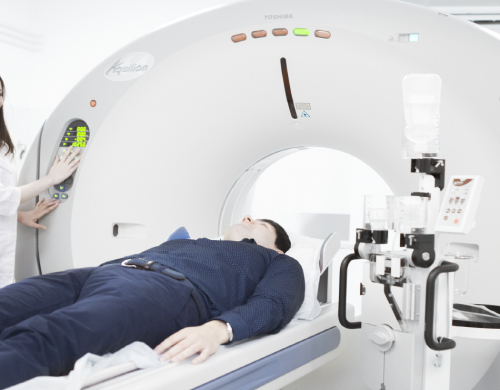
Treatment of diseases
K+31 clinics treat the following diseases:
- Vascular pathology of the brain
- Pathology of the peripheral nervous system
- Neuropathy in systemic diseases
- Cranial nerve damage
- Memory impairment, dementia
- Consequences of traumatic brain injury
- Vegetative pathology, psychovegetative syndromes
- Panic disorders
- Headache, neuroses
- Pulse therapy
- Plasmapheresis in demyelinating diseases
- Preventive treatment of chronic migraine
- Botulinum therapy in neurology
For for the treatment of patients K+31 has a comfortable 24-hour hospital, a rehabilitation department, and our doctors also use modern methods of outpatient care, such as therapeutic blockades and botulinum therapy.
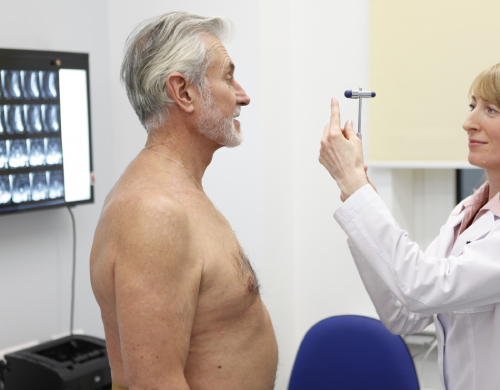
Neurology is a branch of medicine that studies the nervous system. He studies its structure, functional features, influence on various organs in the human body, as well as treatment. Neurology is closely related to other fields, including psychiatry. Neurology also refers to any diseases that affect the nervous system.
A neurologist deals with the diagnosis, prevention and treatment of diseases of the nervous system. His field of activity is very wide. This is due to the fact that every human organ is somehow connected with the central or peripheral nervous system. It is she who is responsible for the coordinated functioning of the body as a whole.
During the initial consultation, the specialist examines and interviews the patient. He learns about the symptoms that bother him, asks additional questions, checks reflexes and external signs of the disease.
An appointment with a neurologist in Moscow is made online on the website of the neurology center and by phone.
When going to see a neurologist, a patient must tell in as much detail as possible about the symptoms that bother him, how long ago they appeared and whether he did anything before going to the doctor.
Neurological diseases are very dangerous. They affect many people, regardless of age. Neurology in an advanced form greatly affects the condition of the entire organism.
The list of causes for the development of neurological diseases is very extensive. Among the basic reasons, experts note:
- Hereditary characteristics of the body
- The result of severe infectious diseases
- Psycho-emotional and physical fatigue
- Unbalanced diet and sleep problems
- Sedentary lifestyle
- Constant stress
- Overweight
- Inappropriate use of potent medications
- Hormonal imbalances
- Poisoning with toxic substances
- Living in a polluted place, etc.
No one is immune from the risk of developing diseases of the central and peripheral nervous system, regardless of age. Experts note that neurology is now noticeably “younger.” If previously elderly patients were more susceptible to such pathologies, now problems are often diagnosed in young children. The reasons may be complications during pregnancy, birth injuries, etc.
Neurological diseases are very insidious. This is due to the fact that most pathologies do not manifest themselves clearly enough for a long time to the man sounded the alarm. Unfortunately, this often leads to the patient seeking help only at an advanced stage, when complete recovery becomes impossible.
Each disease has its own set of symptoms. They depend on the etiology, localization, general condition of the patient. You should undergo an examination and consult a neurologist if the following symptoms occur:
- Frequent headaches, dizziness (migraine)
- Dizziness and fainting (may indicate a violation of blood circulation in the brain)
- Sleep disorders - insomnia
- Increased anxiety and panic attacks
- Strong fears
- Increased emotionality
- Frequent mood swings
- Fatigue or constant fatigue, weakness
- Memory disorders
- Decreased cognitive function
- Loss of speech
- Radiculitis
- Back or abdominal pain
- Convulsions
- Muscle pain
- Pain in the area of the shoulder blades radiating to the arms
- Pain in the neck or other parts of the spine with a clear localization (may be associated with a hernia compressing the nerve roots, tumors, etc.)
- Numbness of the limbs with impaired sensitivity of peripheral nerves
- Decreased vision
- Pain, numbness in the heart area, etc.
The group of neurological diseases includes several hundred pathologies, which means the symptoms can be completely different. With one anomaly, acute pain in the head and dizziness may be observed, and with another, it may be almost completely absent. any signs of a problem up to a certain point. Very often, such pathologies and disorders of the central nervous system - These are the consequences of injuries to the head, brain or spinal cord.
It is important to contact a specialist at the first warning signs and undergo a full examination of the body. This is due to the fact that degenerative changes in the human nervous system are not always subject to 100% healing. The sooner our specialists conduct an examination, and, if necessary, refer others to doctors specialties and jointly make a diagnosis, the higher the chance for a full restoration of body functions. Neurological problems affect not only the head, neck and spine in general, they have a negative impact on the musculoskeletal system, cardiovascular system, Gastrointestinal tract and other parts of the body. People at any age are susceptible to them. If you notice symptoms of neurological disorders, you should Visit a specialist as quickly as possible (a doctor’s home call is available). To do this, just fill out the form on the website and you will be contacted in the near future. We use modern diagnostic and treatment methods. Upon referral from a neurologist, the patient can be placed in a day hospital.
Epilepsy is a disorder of the functioning of the central and peripheral nervous system, in which the process of excitation dominates the process of inhibition. Groups of neurons begin to produce intense electrical discharges, resulting in an epileptic attack.
Osteochondrosis of the spine and its neurological complications are degenerative-dystrophic changes in the spine. This chronic disease affects almost half of middle-aged people and more than 85% of older people.
Trigeminal neuralgia is a chronic pathology in which the patient experiences very strong, shooting pains in the facial area.
The neurologist makes the final diagnosis after a complete examination of the patient and collection of anamnesis. In some cases, he may need to consult related specialists.
The classification of neurological pathologies depends on the rate of development of symptoms and the clinical course of the disease. Traditionally in medicine they are divided into the following types:
Arise suddenly. Become a consequence of damage to the nervous system after any accident (trauma), stroke or cerebral hemorrhage
Intermitting. Diseases of this type are characterized by alternating periods exacerbations and remissions (multiple sclerosis, seizure disorders)
Progressive. Most often have minor symptoms that quickly progress and cause severe disorders in the human body. The most striking example is Alzheimer's disease.
Stable. Symptoms predominantly appear in childhood or after injury. The disease in this case does not progress, but remains incurable (cerebral palsy)
Diagnosis and treatment at the neurology clinic in Moscow is carried out by highly qualified neurologists. Experts use classical and modern approaches to the treatment of neurological diseases. The choice depends on many factors, so the most effective technique is determined by the attending physician in each specific case. Before starting therapy, the specialist conducts a thorough diagnosis, prescribes tests, and gives the necessary recommendations.
The classical approach is mainly used by specialists. After conducting all the necessary research, they draw up the most effective plan for the treatment of nervous diseases. This helps reduce the number of exacerbations and slow the progression of the disease. If a patient is diagnosed with a neurodegenerative disease, medications are indicated to improve their quality of life. If the pathology is stable or appears after an injury, doctors recommend long-term rehabilitation for the patient to partially restore cognitive and motor functions. The classical approach involves the use of the following techniques:
Medicine. The main method in the treatment of neurological diseases. The choice of drugs in this case is very wide. Depending on the symptoms and laboratory tests, the patient may be prescribed anti-inflammatory and stimulant medications. As well as blood thinners and blood pressure normalizers. The course of medications is selected individually, including after consultation with a therapist (if the patient has other diseases, for example, diabetes).
Physiotherapy. Aimed at eliminating pain and inflammation, helping to stimulate metabolic processes in the body. In this case, electric current, ultrasound, laser, etc. are used.
Massage. A procedure that improves blood supply and innervation of tissues
Therapeutic exercise Exercise therapy is used to strengthen muscles and restore functions of the musculoskeletal system. To achieve these goals, a set of exercises is selected.
Manual therapy A chiropractor has a specific effect on the patient’s spine, bones and joints, which helps reduce pain and restore full movement. Most often this direction accompanied by a visit to physiotherapy, reflexology, etc.
Doctors at our neurology center will give recommendations and prescribe tests. If necessary, the patient is placed in a hospital.
Speaking about modern treatment approaches, we can say that modern medicine does not stand still. New treatment methods are developed every year. And, despite the fact that most neurological diseases are incurable, they help achieve stable remission. Modern techniques involve the use of magnetic pulses and lasers that affect the human body (including the brain).
If any suspicious symptoms occur, you can consult a neurologist at the K+31 clinic. Specialists select an individual approach for each patient, which ensures a comprehensive examination, accurate diagnosis and the most effective treatment. You can find out the price for an appointment with a neurologist in Moscow on the clinic’s website or by phone.
Price

This award is given to clinics with the highest ratings according to user ratings, a large number of requests from this site, and in the absence of critical violations.

This award is given to clinics with the highest ratings according to user ratings. It means that the place is known, loved, and definitely worth visiting.

The ProDoctors portal collected 500 thousand reviews, compiled a rating of doctors based on them and awarded the best. We are proud that our doctors are among those awarded.
Make an appointment at a convenient time on the nearest date
Other services and directions

